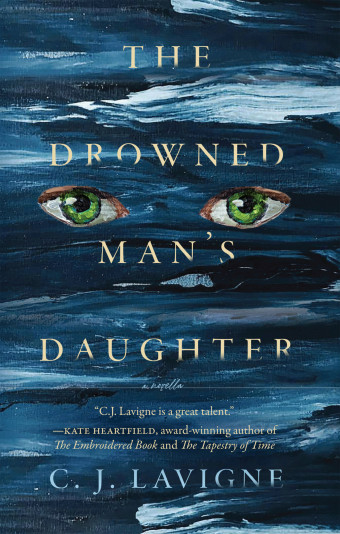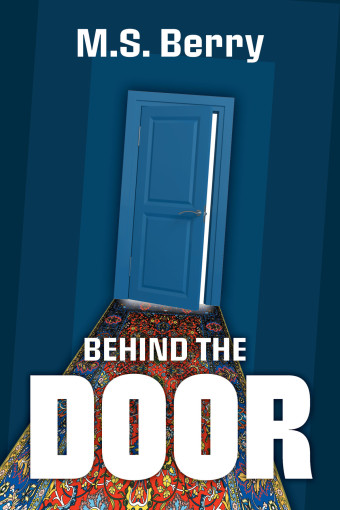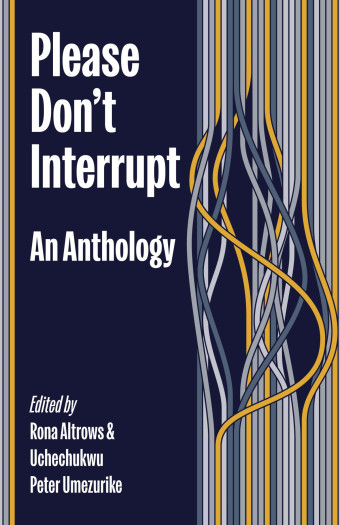All That Belongs, the latest novel by Dora Dueck, tells the story of Catherine, a newly retired archivist, who decides to spend the next year examining her life story and those of her deceased Mennonite predecessors to gain insight into her family history.

- All That Belongs
- Dora Dueck
- Turnstone Press
- $19.00 Paperback, 225 pages
- ISBN: 978-08-88016-81-2
Dueck says the title comes from a conversation in the prologue that jars Catherine into the recognition that although she has preserved the pasts of others as an archivist, she has resisted fully facing her own past and “all that belongs” to her.
What unfolds is a two-century chronicle of lives lived from pre-Soviet Russia to Alberta farm life to Catherine’s eventual move to Winnipeg, her adopted home, during a period of urban renewal, including the building of the Canadian Museum of Human Rights.
Dueck says her book started with the compelling characters, especially Uncle Must, who she describes as “a mysterious and haunted man, a kind of Desert Father, equal parts faith and fear” who, she says, “dropped into my head. Then, like the narrator Catherine, I had to figure out who he was and what he wanted, and who she and the other characters who soon gathered round her were and what they wanted.”
These characters led to deeper themes. “I was interested in the whole concept of shame as well as how the past remains with us and what we do with its legacy when we would rather turn away than embrace,” Dueck says.
While the general circumstances of the characters are similar to Dueck’s, the specific events and characters are not. She says, “Since the protagonist’s life essentially overlaps the years I’ve lived, I could draw on historical events and cultural references and a particular environment that had affected me. Also, I grew up in Alberta and then lived some 40 years in Winnipeg, which I could draw on for the setting.”

A Mennonite background is another similarity that Dueck holds with the family in the novel. Dueck sees herself as a writer who happens to be Mennonite.
“Every writer, I think, has a particularity about them that may or may not be mined for their work, and certainly in some of my work I’ve drawn on the particularity of ‘Mennonite’ (which itself is diverse and multi-faceted) to create an environment in which the characters move and face their challenges. Although the rituals, vocabulary, and pressures of that environment may be specific, I like to think I’m writing a human story.”
Dueck hopes the resulting universality will connect with a range of readers. Baby Boomers, she thinks, will relate to the story, “not just because of the look back over familiar times, but because for all our confidence, we do have our insecurities and secrets!”
The book may resonate with younger generations, too. “I think that the idea of vague shame/anxiety, not necessarily for anything we’ve done but perhaps by family association or comparison with others or simply circumstance, is also very relevant for younger readers immersed in the world of social media,” Dueck says.
“Perhaps it’s a factor of being human, needing to own who and what we are and where we’ve been placed.”













